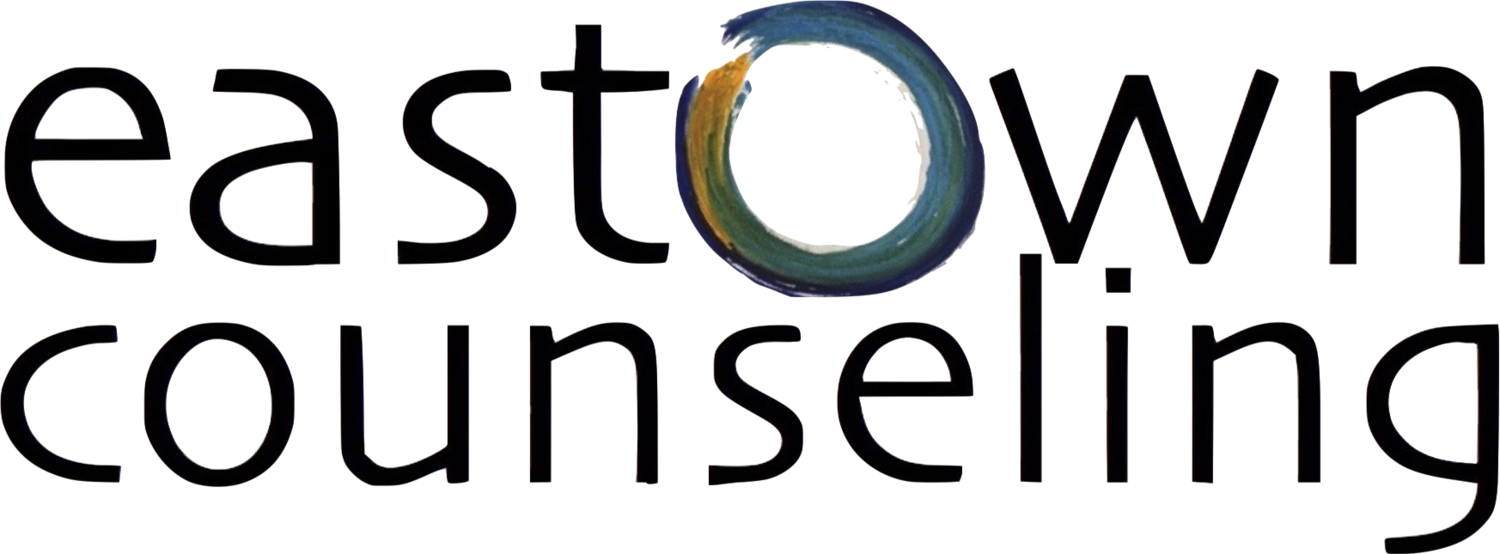Considering counseling but don't know what to expect? Don't worry--you're not the only one. Here are some answers to questions we hear frequently. If you don't see your question, feel free to contact us directly, and we'll get back to you with an answer.
Are counseling and therapy the same thing?
We use the words "counseling" and "therapy" interchangeably here.
Why do people usually seek counseling?
People seek counseling for a variety of reasons. Some people want help managing symptoms of depression, anxiety or other behavioral health issues. Others are looking for support through life events or transitions--a graduation or career change, illness, marriage or divorce, the death of a loved one, making a lifestyle change, etc.--or need some help breaking old habits and practicing new ways of thinking and being.
How does counseling help?
The specific benefits of counseling really depend on your goals. In general though, most people find these aspects of counseling helpful:
1 It's intentional. It's easy to get lost in the momentum of daily the daily grind--to act and react in ways that are habitual but not necessarily healthy. Interrupting the routine by setting aside regular time for reflection, self care and personal growth can be a catalyst for change.
2 It's confidential. Your privacy is important to us. That means you can say what you mean and feel what you feel without worrying about who will find out or what the gossip mill will say.
3 It's objective. Utilizing your support network is important, but it can also get complicated or confusing. Talking with a neutral party can help you sort through all the voices and opinions and figure out what's true for you.
4 It's skillful. We've invested a lot of time and energy into our training and credentials over the years, and we're committed to staying current with advances in the mental health and wellness fields. We dig this stuff! And we're good at it! And we really love sharing what we've learned.
How much does counseling cost?
The cost of counseling depends on whether you plan to use insurance or not.
1 If you use insurance to pay for counseling, the cost varies depending on your plan. Often, you're responsible for a copay or coinsurance, which is usually a relatively small portion of the full session fee. Sometimes you're responsible for the full session fee until your deductible is met for the year. The best way to know for sure what your cost will be is to contact your insurance company directly and ask. We'll do our best to help you navigate your payment options--insurance stuff can be weird!
- See what insurance Jenny Hall takes
- See what insurance Jenny London takes
- See what insurance Gloria Warren takes
2 If you plan to pay out of pocket, our standard rate is $100 per session. We do offer an income-based sliding scale on a limited basis--you can contact us directly to talk more about whether this would be an option for you.
What can I expect at my first appointment?
First sessions vary a bit depending on clients' needs and priorities, but the main goal is to understand the reason you reached out, and to get an idea of how we can help. You can expect a first session to last 50-60 minutes. There will be some practical things to cover--forms to sign, privacy and payment policies to review. We'll also be trying to get to know you by asking some questions that help us paint a picture of your world--who your people are, what's important to you, what you worry about, what you hope for--that kind of thing. Part of our job is to ask difficult questions, but if we ever enter territory you're not ready for, just say so. You set the pace.

